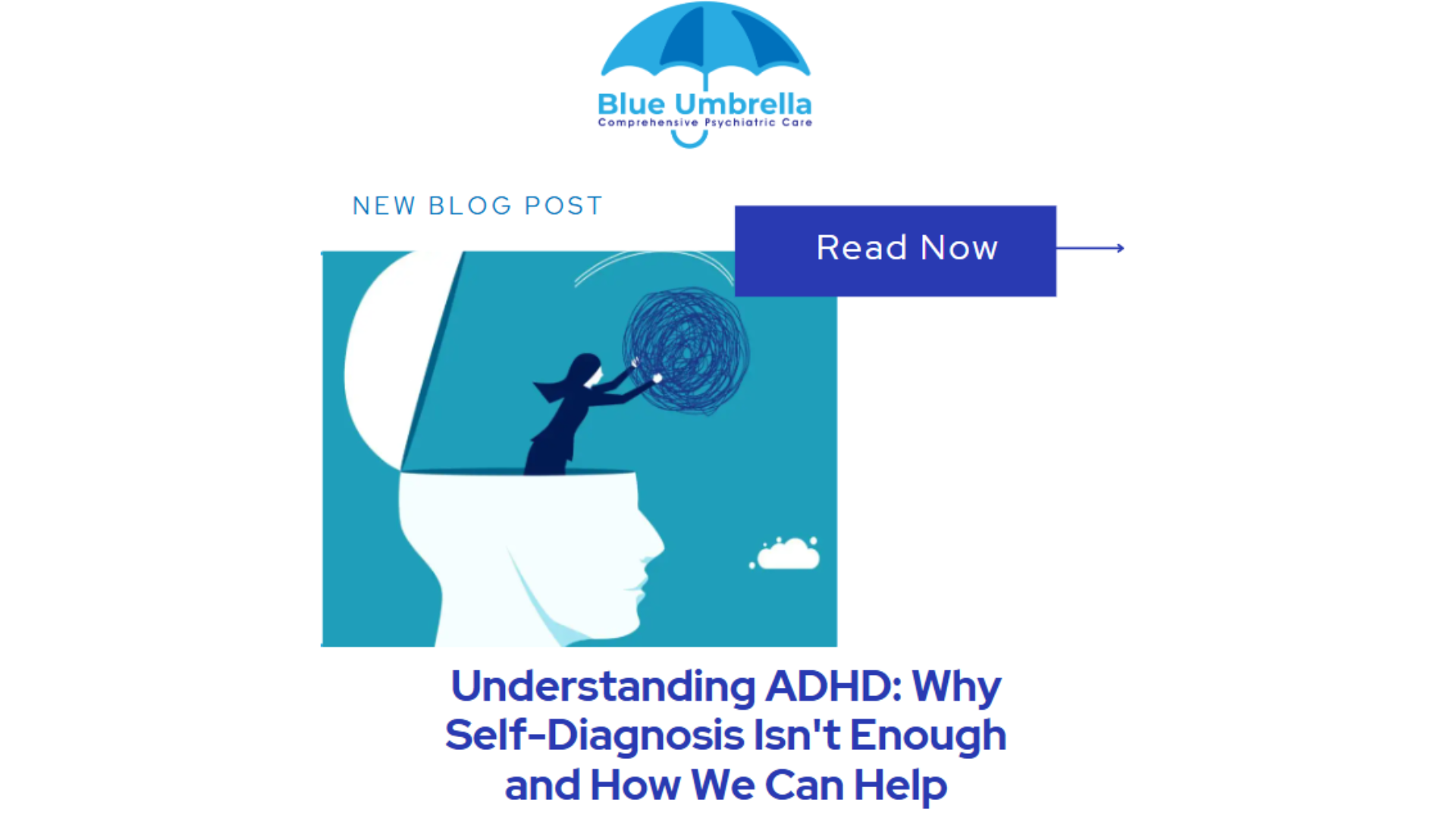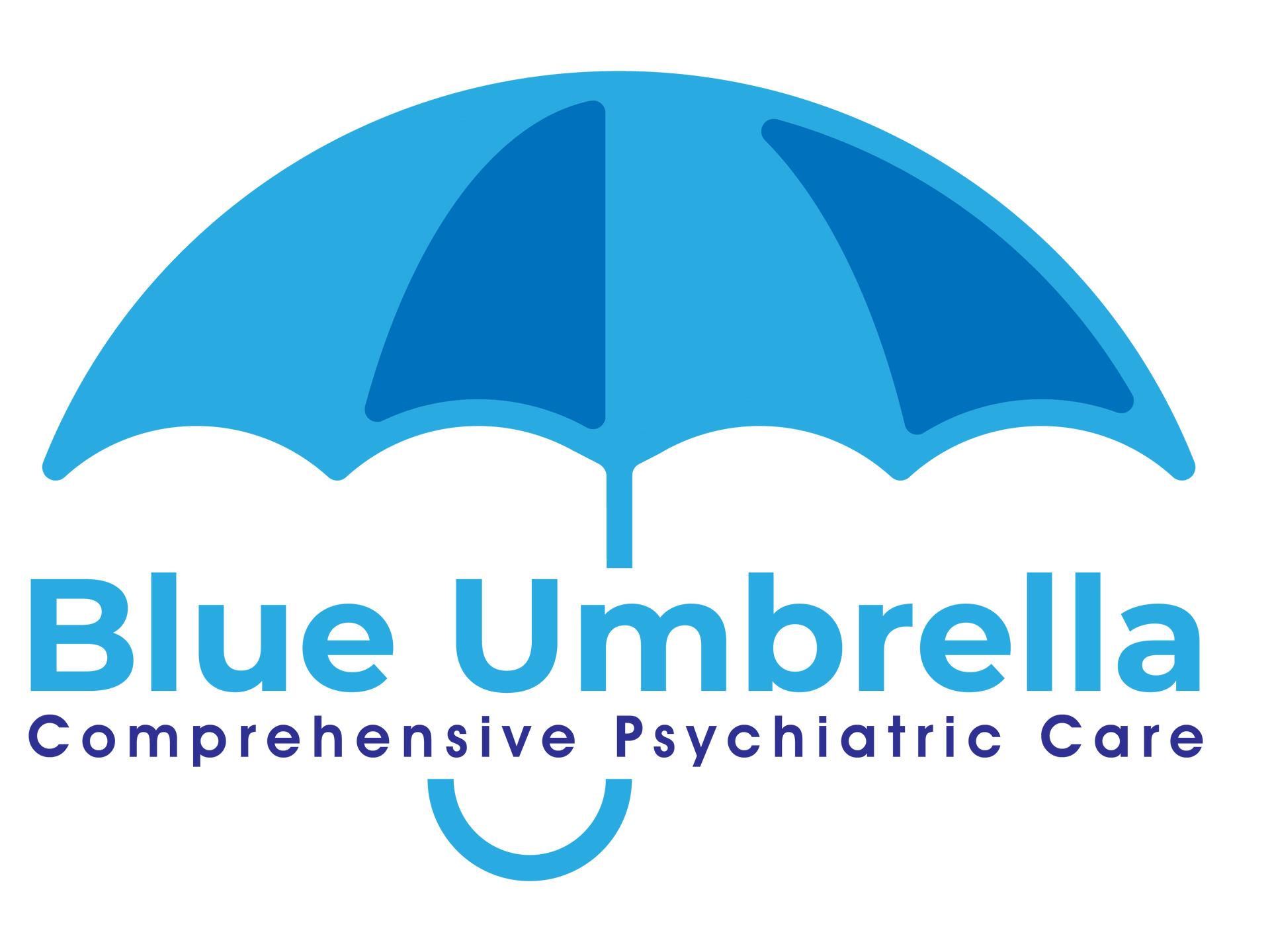As the New Year unfolds, many of us engage in the tradition of making resolutions. We commit to losing weight, quitting bad habits, or achieving ambitious goals. While resolutions are made with the best intentions, they often come with a heavy burden of expectation and pressure. At Blue Umbrella Psychiatry, we invite you to explore a fresh perspective on self-improvement by shifting from resolutions to intentions. In this blog, we'll delve into the differences between these two approaches and why setting intentions might be a more sustainable path to personal growth and mental well-being.
The Pitfalls of Traditional Resolutions
Resolutions, as traditionally conceived, often involve setting firm, specific goals. While this approach can be motivating, it also comes with its share of challenges:
1. Rigidity: Resolutions can be inflexible, leaving little room for adaptation or unforeseen circumstances.
2. All-or-Nothing Thinking: When people can't meet their strict resolutions, they might experience guilt or frustration, potentially derailing their progress.
3. Short-Term Focus: Resolutions often emphasize short-term outcomes rather than long-term, sustainable change.
The Power of Intentions
Intentions, on the other hand, offer a more gentle, holistic, and flexible approach to self-improvement:
1. Mindfulness: Setting intentions encourages self-reflection and mindfulness. You align your actions with your values, fostering a deeper sense of purpose.
2. Flexibility: Intentions are adaptable. They allow you to respond to life's twists and turns with grace, rather than feeling defeated when things don't go as planned.
3. Process-Oriented: Intentions emphasize the journey, not just the destination. They prioritize the daily habits and mindset shifts that lead to lasting change.
From Resolution to Intention: How to Make the Shift
1. Reflect on Your Values: Start by reflecting on your core values and what truly matters to you. What aspects of your life would you like to improve in alignment with these values?
2. Set Positive Intentions: Instead of resolving to "lose weight," set an intention to "prioritize my physical health and well-being." This shift in language promotes a positive, holistic approach.
3. Be Mindful: Regularly check in with your intentions. Are your daily actions in line with your overarching goals? Mindfulness can help keep you on track.
4. Embrace Self-Compassion: Remember that setbacks are part of any journey. Approach yourself with self-compassion rather than self-criticism when things don't go as planned.
The Role of Mental Health
This shift from resolutions to intentions aligns beautifully with mental health and well-being. It promotes self-compassion, flexibility, and mindfulness—essential elements of maintaining good mental health.
As mental health professionals at Blue Umbrella Psychiatry, we encourage you to make choices that prioritize your well-being. Setting intentions can be a powerful way to foster a positive relationship with yourself, reduce stress, and embrace personal growth.
Conclusion
This New Year, consider adopting a new approach to self-improvement by shifting from rigid resolutions to mindful intentions. Embrace the journey, be kind to yourself, and prioritize holistic well-being. At Blue Umbrella Psychiatry, we're here to support you on your path to mental health and personal growth, whatever approach you choose.













